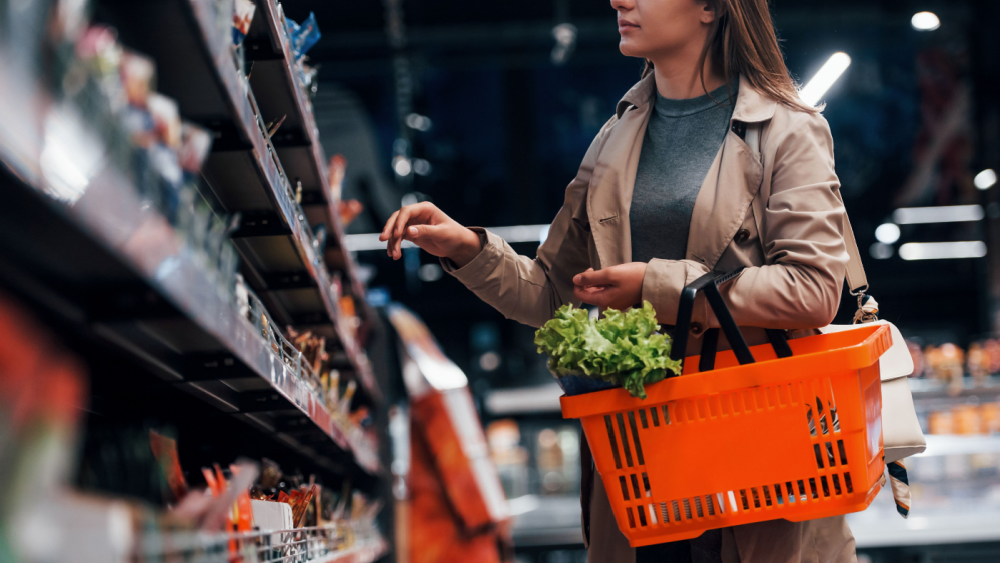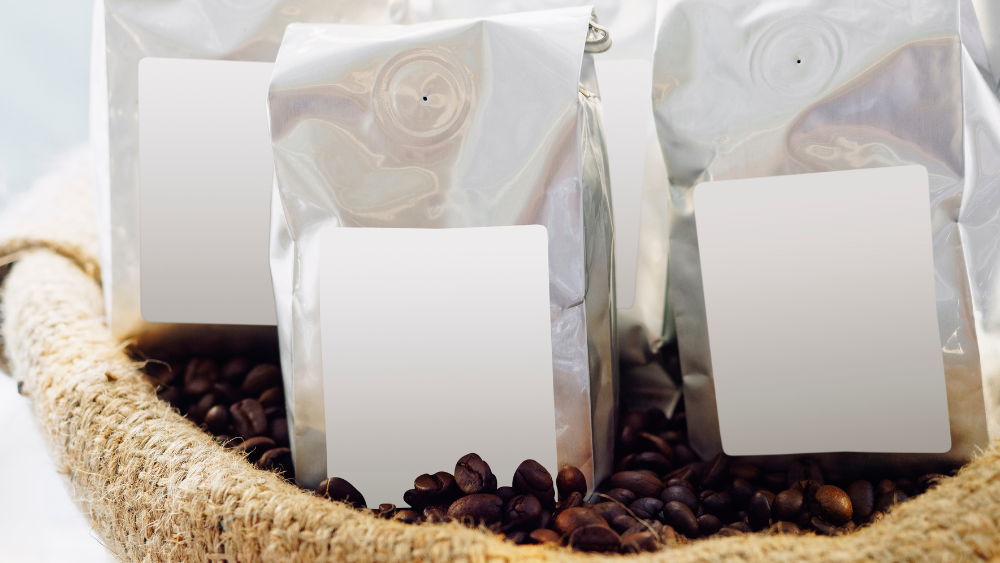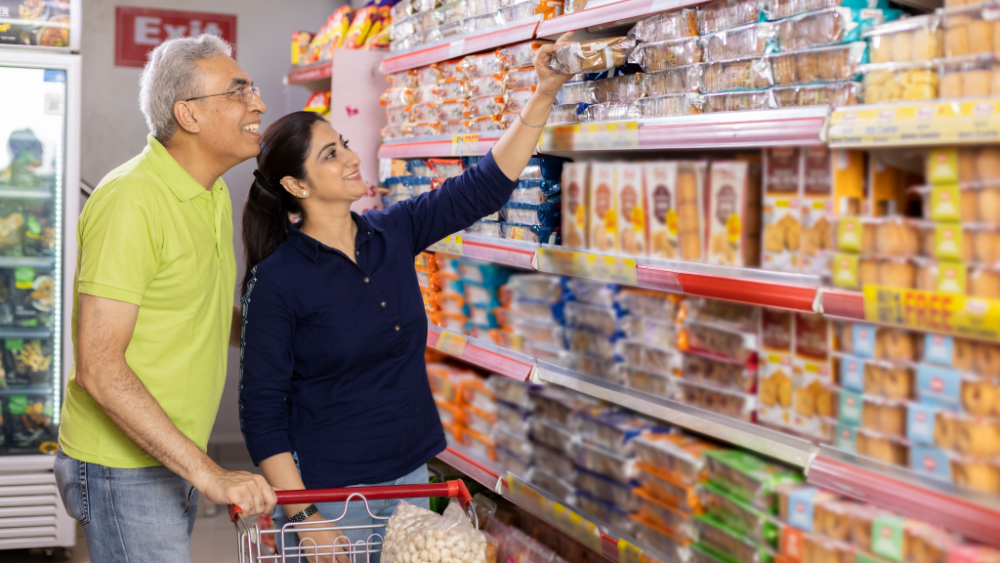For a material to be considered environmentally friendly, there must be a way to recycle it or produce it using renewable energy. Materials that require fewer resources and less energy to manufacture are generally considered more eco-friendly. However, that does not necessarily mean that they are recyclable.
Environmentally friendly materials include recyclable and renewable plastics, paper, and biomaterials. Even though some petroleum-based plastics can be infinitely recycled, incorrect plastic types and combinations can result in non-recyclable labels and packaging.
Develop a plan for your packaging and labels to be reused and recycled
When you are getting started with developing eco-friendly packaging and labelling, one of the first steps involves performing an audit of your current efforts by answering some key questions related to your brand and sustainability.
Consider the following six questions:
- Can we reduce the amount of packaging on the product?
- What percentage of our packaging is recyclable? Remember – the Ministry of Environment, Forest and Climate Change in India has proposed that to meet sustainability requirements by 2030, we need to enable 100 per cent recycling of PET plastics. Outside of this, the aim is to increase the recycling and reuse rate of other plastic packaging to 75 per cent.
- Are the label and packaging recyclable together?
- Should we switch to mono-materials?
- Can we substitute any materials with more eco-friendly, reusable, or recyclable materials, such as Uflex Bio Bopp?
- Do our supply chain partners have sustainable road maps and programs?
Read more: How monomaterials in packaging increase recycling and circular economy
Once the audit is completed, you need to develop a road map for more eco-friendly packaging and labelling to set your company up for success. Make sure the goals and initiatives you set are clear and measurable.
The process of designing sustainable packaging and labels can be daunting and complex, requiring significant research, testing, design, and engineering. However, you don't have to do it alone. Your packaging and label manufacturer can play a crucial role in guiding you on the right path and lightening the load.
As a labelling manufacturer, we are responsible for ensuring that your labels meet your sustainability needs and are best suited for your products and your business.
Read more: 2023: Eco-Friendly and sustainability trends within packaging and labelling
The Skanem Sustainable Labels Program includes:
- Customised sustainable labelling solutions tailored specifically to your products’ requirements.
- A practical and realistic action plan to make your packaging more sustainable today and for the future.
- A dedicated sustainability expert to guide you every step of the way.
- Label design optimisation by labelling design experts.
- Professional help with material match.
- Waste management support.
- Logistics and warehouse facilities to reduce transport-related fuel usage.
Read more about the Skanem Sustainable Labels Program here.







